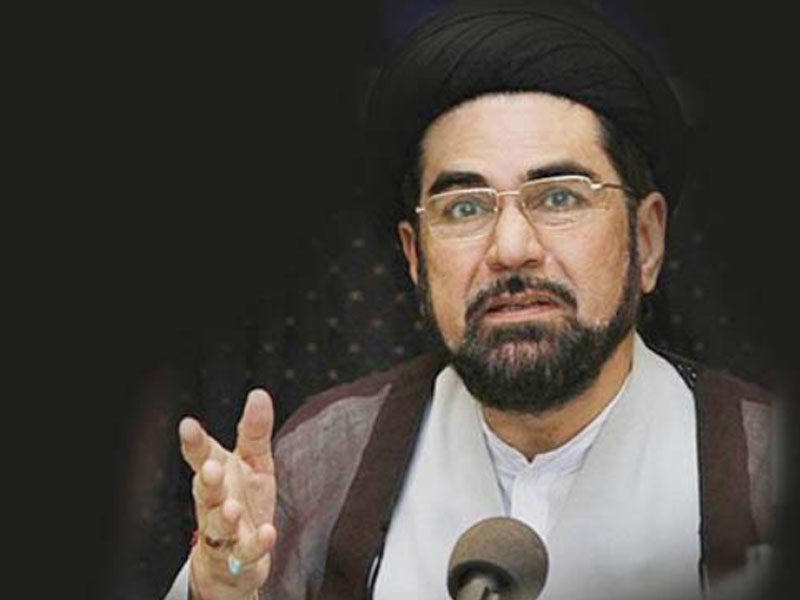
Kalbe Jawad: Islamic Scholar, Community leader
Maulana Kalbe Jawad (borne in 1956) is a prominent Shia cleric, scholar, and community leader in India, known for his influential role in religious, social, and political spheres. Born on January 15, 1956, in Lucknow, Uttar Pradesh, he comes from a distinguished family of scholars, including his father, Ayatollah Maulana Kalbe Abid, a revered figure in the Shia Muslim community.
Maulana Kalbe Jawad received his early religious education in Lucknow, a city renowned for its rich Islamic heritage, particularly within the Shia community. He furthered his studies in Islamic theology and jurisprudence at the prestigious Hawza Ilmiyya in Qom, Iran, where he deepened his understanding of Shia thought and philosophy. His education and background have made him a key religious authority for Shia Muslims, both in India and abroad.
As the Imam of the Asafi Mosque in Lucknow, Maulana Kalbe Jawad has been a vocal advocate for the rights and welfare of the Shia community. He has led numerous initiatives to promote social justice, education, and healthcare among his followers. His leadership extends beyond religious duties; he has been actively involved in addressing issues like communal harmony, sectarian violence, and the preservation of religious freedom in India.
Maulana Kalbe Jawad is also known for his participation in interfaith dialogues, where he promotes unity among different religious communities. His efforts to foster understanding between Shia and Sunni Muslims have been particularly noteworthy, as he consistently advocates for peace and cooperation within the broader Muslim Ummah.
In addition to his religious and social activism, Maulana Kalbe Jawad has been a strong voice against the persecution of Shia Muslims and other minority groups in India. He has organized and led protests, raising awareness about the challenges faced by his community and advocating for their rights.
Maulana Kalbe Jawad’s influence extends to the global Shia community, where he is respected for his wisdom, leadership, and commitment to justice. His work continues to inspire millions, making him one of the most important religious figures in contemporary India.